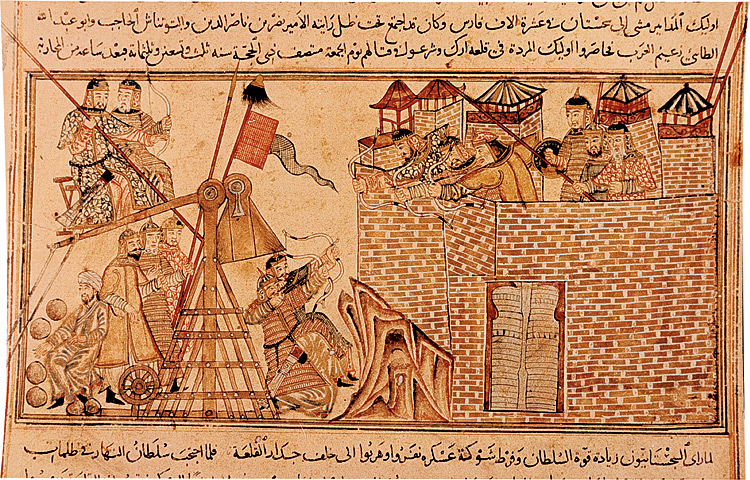How does the world view American citizens? It might actually surprise you. Amaryllis Fox is a former CIA clandestine operative who grew up in the developing world and who has spent most of her career so far in foreign countries. “What continues to surprise me in every conversation I have, in each country I go to, is how sophisticated people are at separating the American citizen from the American government.” You are not your government, just as an Iraqi is not theirs. That is a humanizing realization that is incredibly powerful for the everyday citizen, and even more so for veterans who have been trained in detachment, inside the military-industrial complex. Fox’s organization Operation Zoe brings veterans back into their old theaters of war and uses their unique military skill set for humanitarian missions, like rebuilding homes, youth centers, and health clinics with local townspeople. “There’s a real magic to it when you recognize yourself in someone else,” Fox says. Whether you grow up in an autocracy or a democracy, there is often very little say for citizens in the actions of their government. Your perspective on others and personal actions, however, are entirely in your hands.
Amaryllis Fox: So I grew up all over the world; my mom is English, my dad is American. I grew up in much of the developing world, and have spent most of my career in intelligence and development work and journalism since then, also overseas. And what continues to surprise me in every conversation I have, in each country I go to, is how sophisticated people are at separating the American citizen from the American government. And I think that we do the same—I would hope—in return.
Here in the United States, because we are lucky to live in a mature democracy, I think we sometimes forget that, for many citizens, the actions of their government have nothing to do with them. They have no say in them whatsoever and are mostly horrified by what their government does. And so often overseas people who have grown up in that kind of a government structure actually assume—more than an American would—that when they meet an American citizen, that citizen is in no way responsible for the actions of the government, because they’ve grown up in autocracies where they themselves have no say in the actions of their government.
One of the things that I find—I spent a lot of time in Iraq and there’s a sort of fragmentation that happens on both sides where when I bring veterans back to Iraq with my organization Operation Zoe, which brings veterans back to war zones to use their same skills for humanitarian missions that they were previously using to wage war. When I bring veterans back to the theaters that they were active in, what I find is that there’s this incredible dual healing that goes on, where the veterans themselves may have spent two years in theater and never actually spent time with a local except through the reinforced glass of their Humvee. And the local townsperson may have never had any experience with that veteran that wasn’t buffered, you know, with an M4 and security on all sides.
It’s very difficult to build a human connection with that kind of security apparatus around you. When we’re surrounded by weapons our reptilian brain defaults to a conflict stance, and when we bring veterans back, unarmed, to these same theaters and they work cheek by jowl with people living in the refugee camps—those who are rebuilding their homes—and build a health clinic, build a youth center together with local Iraqis, it’s almost like watching someone wave a magic wand and seeing a curse lift. And people blink for the first time and look at one another and realize that the person they’re seeing is human.
There’s a real magic to it when you recognize yourself in someone else. And a lot of the military-industrial complex is intentionally designed—sometimes with good reason and sometimes not—to prevent you from having that recognition. Humans don’t like to kill one another—which is great news. But basic training, not just in the United States but in every military worldwide, is designed to walk that back to make you believe that your adversary is something other than human in order to enable you to kill them, should you need to.
So I think what we have, you know, ten years into a conflict, is a generation that has been subjected to that training, sometimes necessarily. And now here they are needing to walk that back and rediscover the humanity in one another, and in so doing the humanity in themselves. And when you watch that process it’s really magical.





